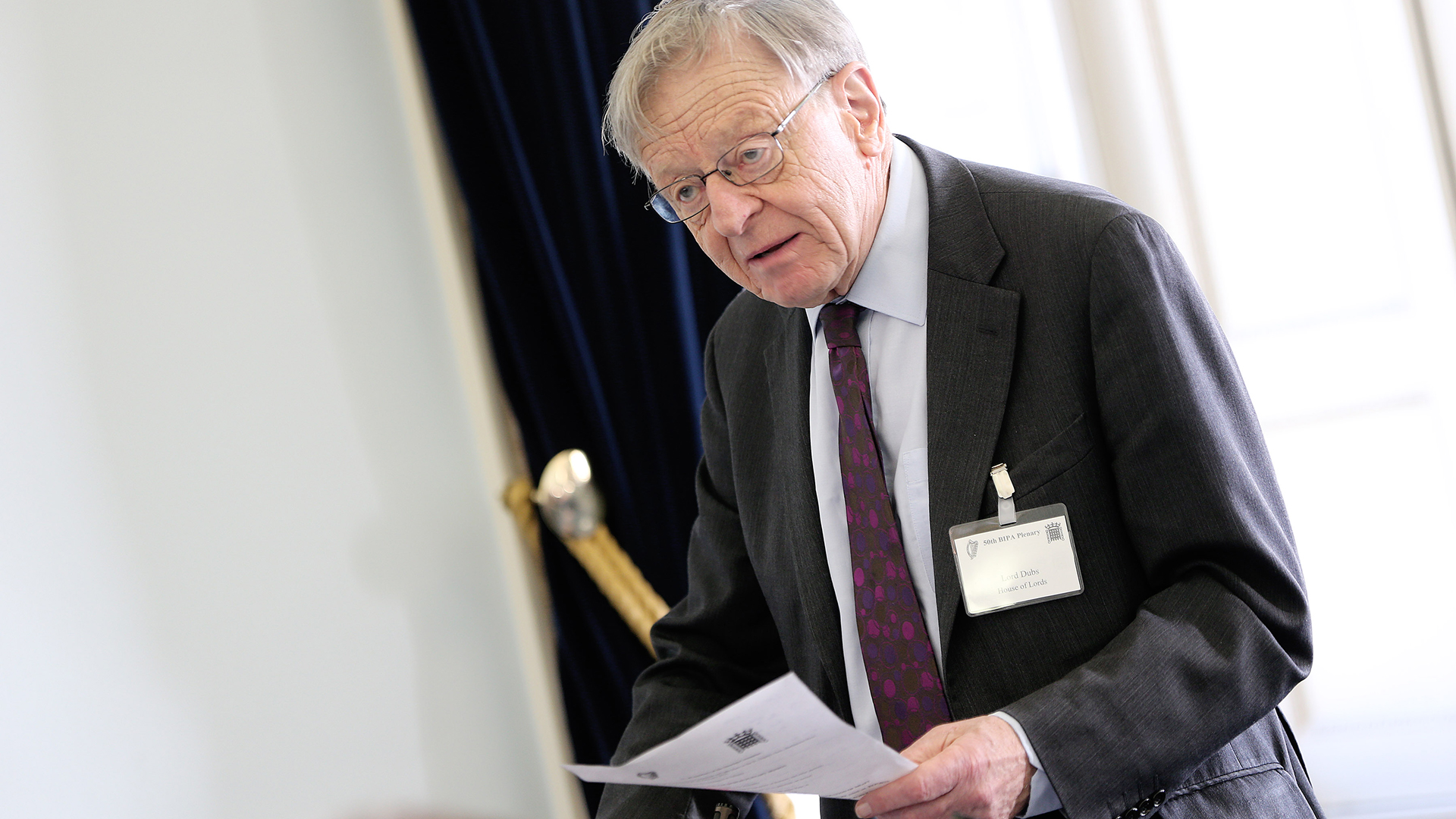There is a moment in the Sir Nicholas Winton That’s Life special that always knocks me sideways and chokes a tear in my throat. I know I’m not alone. Winton, remember, was a remarkable man. After witnessing the horror faced by Jewish people in Nazi-occupied Prague at the end of 1938, he resolved to do something. He organised the evacuation of children. In what became known as Winton’s Kindertransport, he organised safe passage, and homes and places of safety in Britain, for 669 Jewish children who otherwise would have been taken to concentration camps and slaughtered. Many of the parents of those children were killed in Auschwitz.
Winton’s selfless act was all the more remarkable because he didn’t seek any recognition, or reward. Famously, it only came to light when a scrapbook containing the names and details of those saved was discovered in the attic of the family home by his wife. Remarkable, really. THIS is a man! When I change a lightbulb at home I expect reverential applause!
As a result of his wife discovering that her husband was a hero (a tag he always rejected) Winton had approached the BBC to help trace some of those whom he had helped. This led to the That’s Life special in 1988. In the programme Esther Rantzen detailed some of the names of the refugee children who were saved. In a terribly moving moment she reveals to Winton that the woman sitting beside him was one of them. Winton, stunned, pauses and wipes a tear. Then the woman on the other side reveals she too was one of the children. And then comes the moment. Rantzen asks if anybody else in the audience owes their lives and their futures to Nicholas Winton. As one, the audience stand. The very thought of it is enough to set me off again. Seek it out online.
Dubs is out there making a difference, just as Nicholas Winton did
One of those to secure a future and a new life was Alf Dubs, now Lord Dubs. And maybe something of that selfless Winton spirit has been passed along because the work that Dubs is doing is incredible. He’s 87! He should be putting his feet up and sipping good wine and telling stories. Instead, he is in the very teeth of the problem, travelling to refugee camps across Europe to be witness to the horrors children face, and to work to do something about it. He makes people listen. He works to make governments act. It wasn’t enough to make an emboldened Conservative majority in the House of Commons support a plan to help the most in-need refugee children – clearly, to paraphrase Trump, it’s Brexit First. But it is incredible that Dubs keeps a light shining on the problem. And, for now at least, he is making us ask tough questions of ourselves, about how we as a nation are treating the most vulnerable children.
We can frequently get caught up in debates and squabbles, especially online, about what is and isn’t acceptable to think. It can lead to retreat from places of uncomfortable conversation to the comfort of our own point of view. It’s rarely dialectic these days. But the reality is, these rows will flare and fade and though for a moment we’ll think our position is right and righteous (and it may be) it won’t change things. It won’t materially help someone in need.









